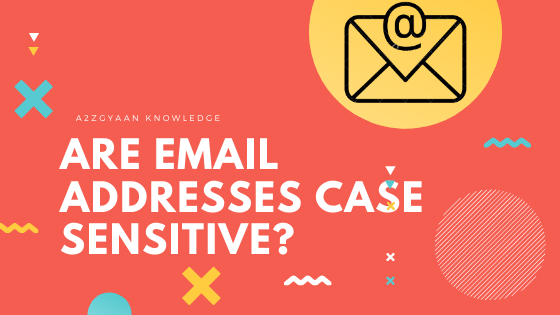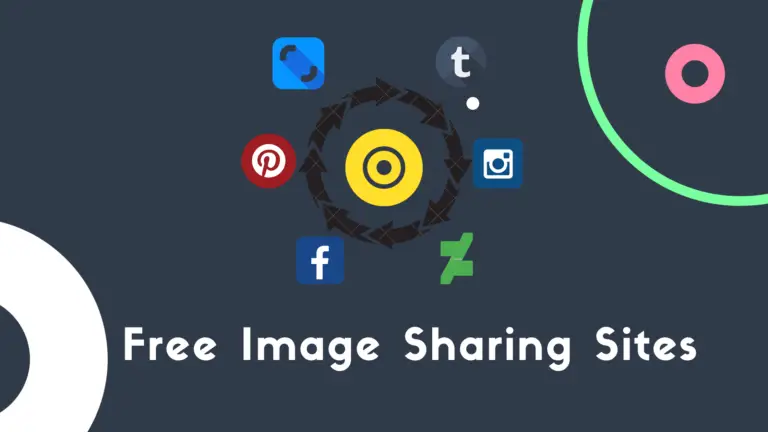Difference between Private and Public Proxies
There are two types of proxies that you need to understand – private proxies and public proxies. To determine which one you should be using, we have prepared a short guide on the differences between private and public proxies.
Keep in mind that there is no such thing as the best proxy for all occasions – there are only proxies we might find more useful in certain situations. Sometimes a private proxy will get the job done more efficiently, and sometimes there won’t be any need for it, and people will use a public one instead. However, make sure to read our guide to fully understand when and why to use either.

What is a Proxy?
A proxy is an intermediary between the internet and internet users – a safe and secure connection that allows the users to browse the internet freely and securely. Proxies communicate with the internet instead of you – you never connect to it directly, but a proxy does it on your behalf.
They also provide a degree of safety – your IP address won’t show, and the IP address of a proxy will be used instead. They allow you to bypass the geographic restrictions, which is the primary reason people use proxies. However, there is more to them, and you can use them in many other ways as well.
How Can It Be Used?
You can use proxies in several ways. For instance:
- Faster internet browsing – Proxies “find” the fastest connection between the website you are trying to access and your electronic device. They automatically disregard viruses or insecure websites and direct your search towards better results. That leads to faster browsing;
- Safer search – It’s relatively hard, or almost impossible, to access an IP address using a proxy. That’s because they have their separate IP addresses;
- Avoiding geo-restrictions – Some websites can’t be accessed from anywhere in the world. A proxy will help you avoid that, and you’ll be able to access almost all internet content. Geo-blocking is becoming a concern, especially for people in Europe who want to access Asian or American websites;
- Faster bandwidth – Proxies have their own bandwidth ranges and, depending on the range, you can acquire or upload data faster and more safely.
In short, there are many ways a person can use a proxy.
Types of Proxies
The main two types of proxies are forward proxies and reverse proxies. Forward proxies make a gateway to a server you are trying to access, and reverse proxies protect the server from being accessed by unreliable sources.
However, the most common type of proxies, generally speaking, are public and private proxies.
Private vs Public Proxies
Many people can access public proxies simultaneously, which can affect the browsing speed, security, and overall functionality of a proxy. They are best used in casual situations when users don’t rely on the internet for work.
On the other hand, private proxies can only be accessed by a single person. No one else will be able to use the same one, and, therefore, the browsing speed and the bandwidth will be as high as possible. These proxies are best used for work or when you simply don’t want to waste time while on the internet.
The main differences between the proxies are that private proxies offer more security, stability, and speed. The unshared bandwidth allows for the maximum transfer of data, for instance, and dedicated access refers to only one person using the proxy at the time.
That’s not the case with public proxies – they don’t have dedicated access or unshared bandwidth, but they do protect your IP address and allow you to communicate with websites in a better way, provided they are functioning.
Pros
Some of the pros of private proxies include:
- Unshared bandwidth – You’ll receive the maximum data transfer rates per second;
- Dedicated access – Only you can access the proxy server;
- Undivided speed – No one will influence the speed of your browsing;
- Connection – Better, safer, and faster connection;
- Affordability – The proxies are not expensive, and everyone can afford them.
Cons
Both private and public proxies need to be set up first, which, albeit easy, cannot be done by everyone. Another con is that you might encounter high traffic on the internet (especially with public proxies) and be unable to complete your research or browsing.
Conclusion
Overall, you can use both private and public proxies to browse the internet more efficiently. However, private proxies are much better in every regard than public ones. If you are working via the internet, we highly recommend checking out some private proxies and opting for them instead of the public ones.






